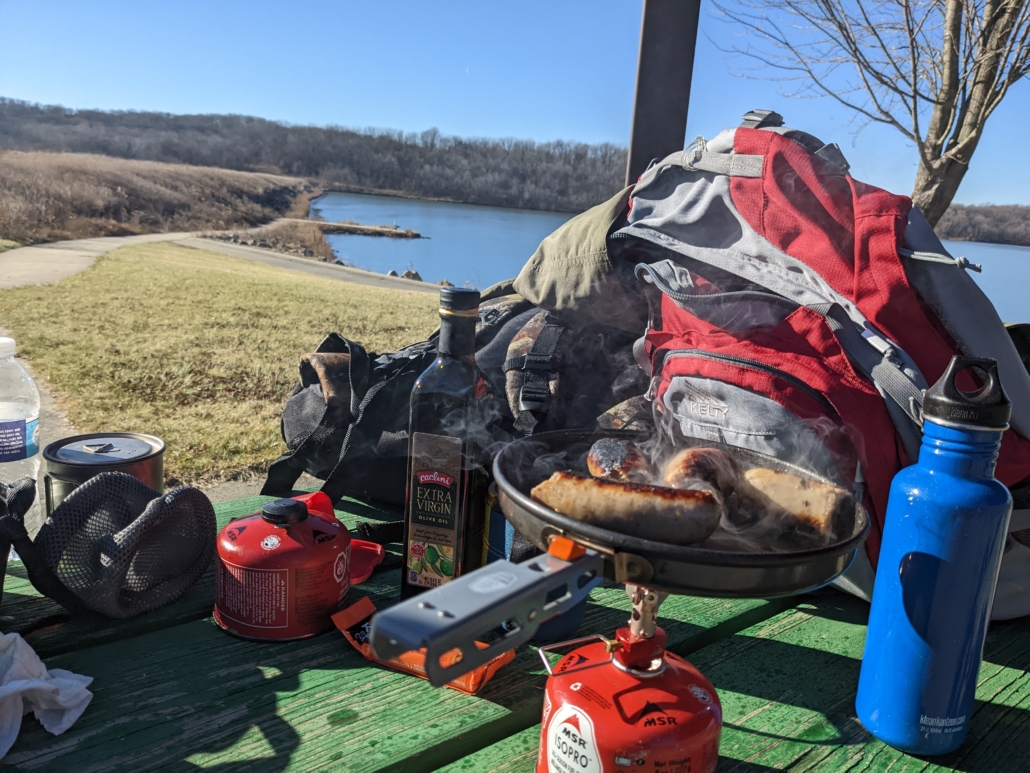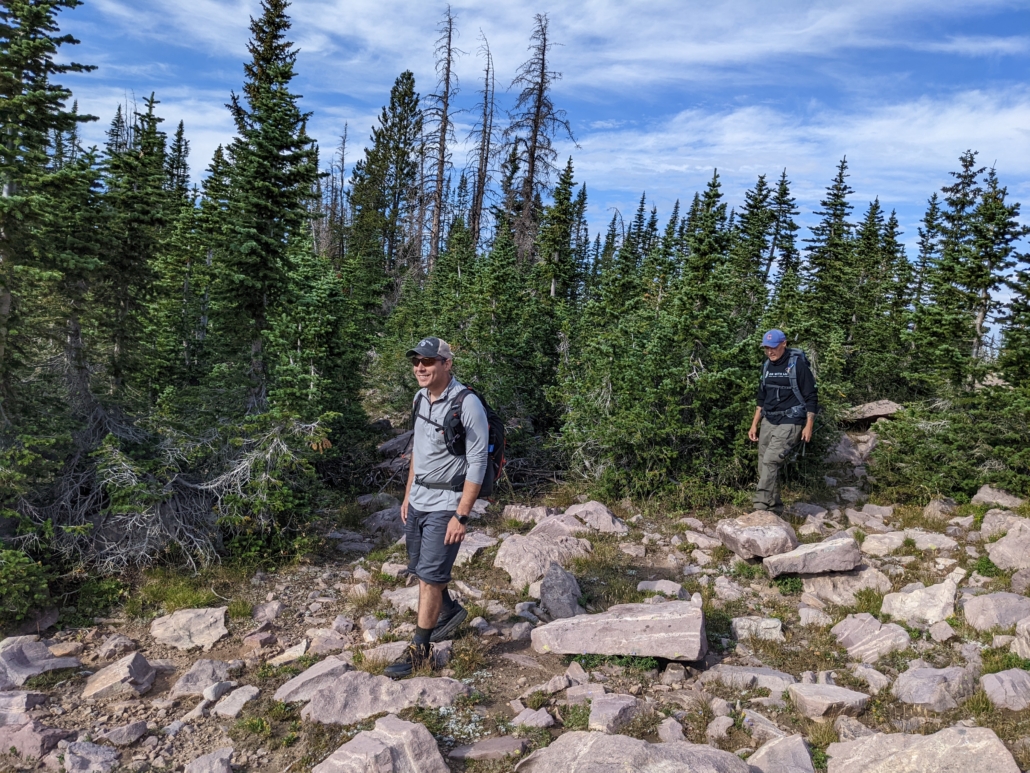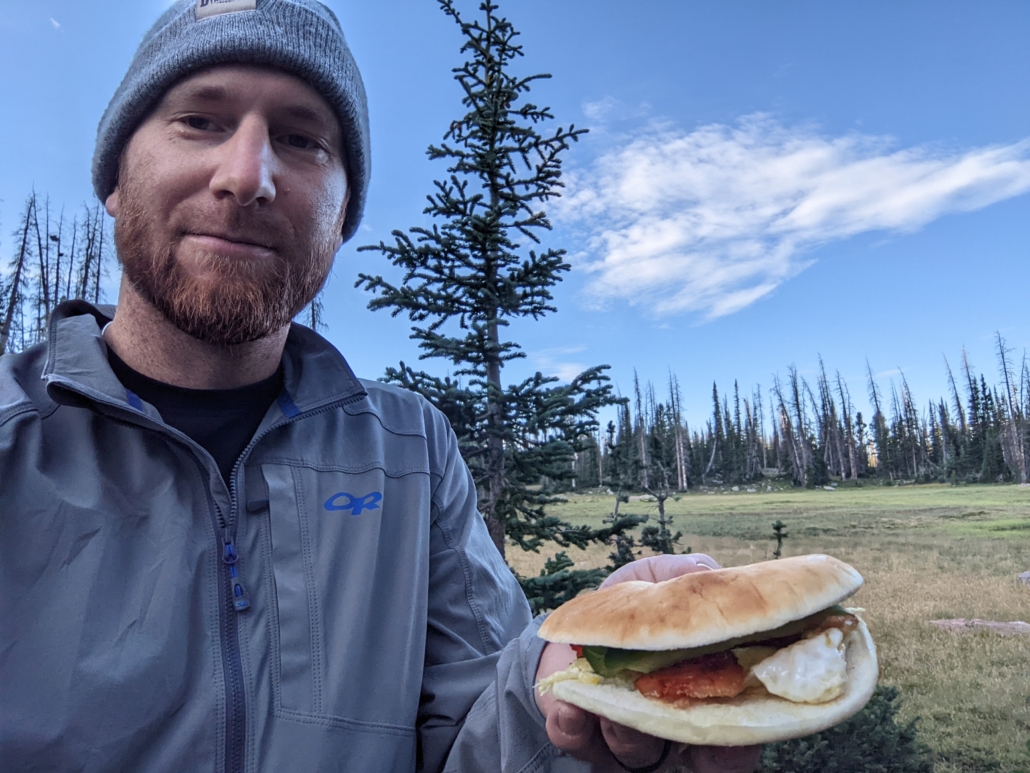Top 3 Backpacking Tips

If you’re reading this, it’s likely that you are either a seasoned backpacker or an aspiring one eager to take on the vast, beautiful expanse of nature that the world has to offer. As thrilling and liberating as backpacking can be, it also comes with its own set of challenges. It demands you to be resilient, resourceful and prepared. But don’t worry – whether you’re gearing up for your first adventure or you’re a veteran looking to brush up on some essential skills, we’ve got you covered.
In this blog post, we’re sharing our “Top 3 Backpacking Tips” that are bound to make your outdoor escapades more enriching and enjoyable. Our comprehensive tips encompass everything from packing your gear wisely to ensuring your safety in the wilderness. After all, backpacking isn’t just about surviving – it’s about thriving and making the most out of your outdoor experience! So, fasten your boots, hoist your pack, and let’s delve into the world of backpacking together!
Top 3 Backpacking Tips.
Now I’m sure we all have our own ideas of what the best backpacking tips should be, and it probably depends on our experience and where we spend time backpacking. Each location offers unique challenges that can vary widely depending on climate and topology. Even though this may be true, there are a set of general rules we always use to make backpacking the best experience possible.
Let’s list our Top 5 Backpacking Tips, then dive into each one.
- Gear Weight Matters.
- Physical Preparation Matters.
- Food Matters.
There you have it.
Gear Weight Matters.

Ok, so you might be rolling your eyes, but hey, I’m on your side. I don’t cut the handle off my toothbrush just to save an ounce or two. I get it, people can get crazy about bag weight. I was a skeptic for along time myself. I would just load up my 50lb pack and go bounding off into the mountains without another thought.
But, over the years I have come to a different place.
I get it, lightweight backpacking gear can be a rabbit hole of time and money. Especially money.
But, that doesn’t make it all wrong. Weight does matter. It adds up. If you ignore it and just buy and bring whatever you want, based on price or ease, you will most likely end up carrying at least 10lbs more than you need to. Doesn’t sound like much? When you’re on your third day and third mountain pass it will matter.
- It’s the 80/20 rule.
- Look at the weight of the big stuff.
- Tent
- Sleeping equipment
- Cooking equipment
- Backpack itself
Yes, you can swap out things like tent stakes and bring one pair of socks, but a big way to shave a few pounds off is to bite the bullet and look at things that weigh the most. If your 1-person backpacking tent comes in at 5 lbs, you can save 2.5 lbs easily. If your sleeping gear is a few pounds, again there are great and cheap options that can shave off a pound. Same with cook wear, do some research and choose wisely.
In the end gear weight matters because you have to haul it around on your back. Taking your pack weight seriously (or more seriously than you have before), can pay off dividends.
Here are some reasonable-cost, lightweight gear that I personally use.
Physical Preparation Matters.

Physical preparation is crucial when gearing up for a backpacking trip for several reasons that we will explore below. But far and away it’s mostly about common sense. Sure, some people can just show up and get it done, natural athletes or gluttons for punishment. But why put yourself through that? Being in good physical health will make your trip actually enjoyable.
Instead of sitting on the side of the trail during a break, wondering what you were thinking and how bad your legs and back hurt … would you rather be enjoying the view and be present in the moment? Also, overcoming obstacles and hard things is as much mental as physical, be prepared!
Here’s why it’s such an essential part of your pre-trip to-do list:
1. **Endurance**:
- Backpacking often involves long days of walking, often over uneven and rugged terrain. Building up your physical endurance through regular cardiovascular exercises like jogging, cycling, or swimming, will help you sustain your energy levels throughout the day, making the journey more enjoyable and less exhausting.
2. **Strength**:
- Carrying a heavy pack for several miles is physically demanding. Strength training, especially focusing on your core and leg muscles, will not only make this task easier but also reduce your risk of injury. It’s crucial to remember that backpacking is not just about covering distances but carrying weight over those distances.
3. **Flexibility**:
- Stretching and flexibility exercises can significantly improve your balance and coordination, which are essential when navigating tricky trails. Additionally, being flexible can help prevent muscle strains or sprains that could occur during your trip.
5. **Resilience**:
- Mental stamina is just as crucial as physical fitness in backpacking. As you physically prepare, your mental toughness will naturally improve as well, helping you persevere when the journey gets tough.
Remember, every backpacking trip is a physical endeavor as much as it is an exploration of the natural world. Being physically prepared will not only make your journey safer but also allow you to fully immerse in and enjoy the experience.
Food Matters.

Strange you might think. Of all things to pick, food matters when backpacking, or deserves to be in the top 3 list? Well, I do like food, so that might have something to do with it. But, think about it. Backpacking is hard. Its a slog. Even when you are fit and prepared it’s a challenge, even when we want to be there.
Anything you can do to win the mental battle is worth it.
We humans like our food. Dare I say we are connected at a spiritual level with our food? Yes, we are.
Long day on the trail? Ok, sit down and eat some nasty cold oatmeal for supper. Or a horrible freeze-dried meal that cost you too much. No thanks!
Nothing is worse and will make you feel worse than bad food. You’re tired, maybe at altitude, and you want to sleep well, the last thing you want is to be hungry or sick from your food or lack thereof. Take your food seriously. Put a little thought into it! Watch some YouTube videos on what other people take backpacking, you would be amazed. Good food on the trail is not out of reach, and there are few things that will lift your spirits more than chowing down on something hot and tasty after a long day on the trail.
Sea To Summit Backpacking Cookware.
Disclosure: This website is a participant in the Amazon Services LLC Associates Program, an affiliate advertising program designed to provide a means for sites to earn advertising fees by advertising and linking to Amazon.com. As an Amazon Associate, we may earn commissions from qualifying purchases.
